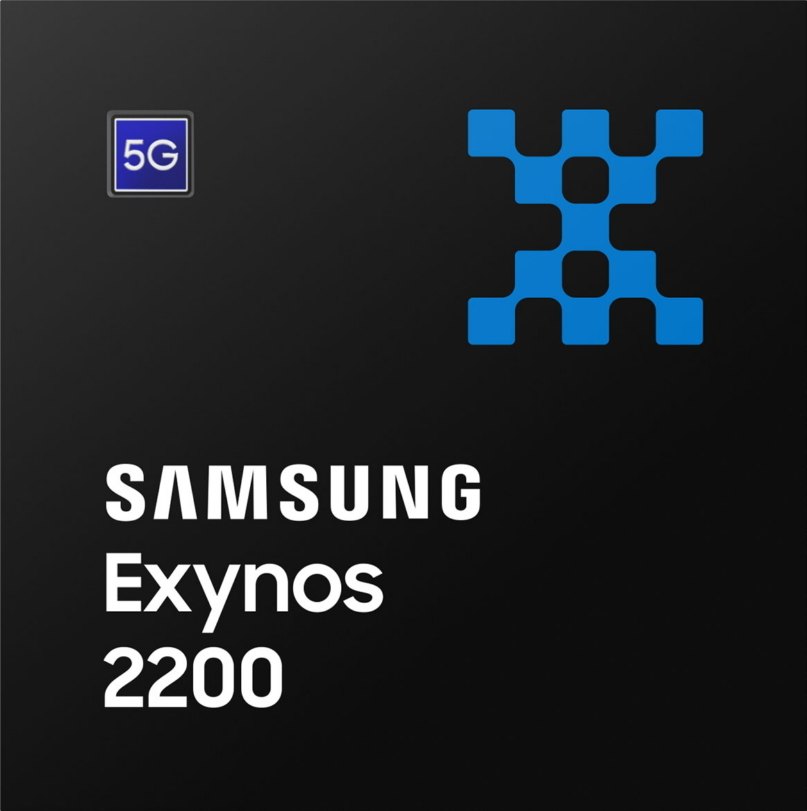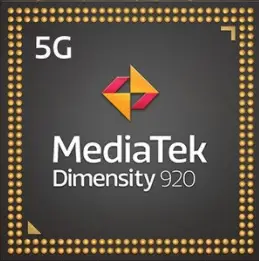Samsung Exynos 2200 vs Mediatek Dimensity 920
We’ve analyzed the newly launched
Exynos 2200 and Dimensity 920
SoCs, created by
Samsung and Mediatek respectively.
This comparison highlights the key differences and
similarities between these
8-core
processors, evaluated
through Geekbench, Antutu,
and 3DMark benchmarks, and
other technical details.
Review
General comparison of performance, power consumption,
and other
indicators
CPU Performance
Evaluation of Single-Core and
Multi-Core Processor Performance
Gaming Performance
Gaming and OpenCL/Vulkan
Performance of the Graphics Processing Unit (GPU)
Battery life
Energy Efficiency in Battery Usage
Tech Insist Score
Overall Performance Rating of the
Chip
Key Differences
Main differences and advantages of each chip
Pros of Exynos 2200
Pros of Dimensity 920
Benchmarks
Evaluating performance through competitive testing in
leading benchmarks.
AnTuTu 10
The AnTuTu Benchmark evaluates CPU, GPU, RAM, and I/O
capabilities across various scenarios.
CPU
223163
139277
GPU
391575
128453
Memory
175188
96272
UX
154579
134315
Total score
944505
498317
GeekBench 6
The GeekBench test shows raw single-threaded and
multithreaded CPU
performance
3DMark
A cross-platform benchmark that assesses graphics
performance in Vulkan
(Metal)
3DMark Wild Life Performance
Stability
59%
99%
Graphics test
39 FPS
12 FPS
Score
6531
2003
Specifications
Full list of technical specifications of Exynos 2200 and Dimensity
9300
Architecture
1x 2.8 GHz – Cortex-X2
2x 2.5 GHz – Cortex-A78
Cores
8
8
Base Frequency
1820MHz
2000MHz
Turbo Frequency
2800MHz
2500MHz
Instruction set
ARMv9-A
ARMv8-A
L2 cache
-
-
L2 cache
-
-
L3 cache
-
2 MB
Process
4 nanometers
6 nanometers
Transistor count
-
12 billion
TDP (Sustained Power Limit)
-
10 W
GPU name
Samsung Xclipse 920
Mali-G68 MC4
Architecture
RDNA 2
Valhall 2
GPU frequency
1300 MHz
950 MHz
Pipelines
24
4
Shading units
384
64
Total shaders
768
128
FLOPS
-
684 Gigaflops
Vulkan version
1.1
1.1
OpenCL version
2.0
2.0
DirectX version
12
12
Neural processor (NPU)
Yes
MediaTek APU 3.0
Memory type
LPDDR5
LPDDR5
Memory frequency
3200 MHz
3200 MHz
Bus
-
-
Max bandwidth
51.2 Gbit/s
-
Max size
24 GB
16 GB
Storage type
UFS 3.1
UFS 2.1, UFS 2.2, UFS 3.1
Max display resolution
3840 x 2160
2520 x 1080
Max camera resolution
1x 200MP
1x 108MP, 2x 20MP
Video capture
8K at 30FPS, 4K at 120FPS
4K at 30FPS
Video playback
8K at 60FPS, 4K at 240FPS
4K at 30FPS
Video codecs
H.264, H.265, AV1, VP9
H.264, H.265, AV1, VP9
Audio codecs
AAC, AIFF, CAF, MP3, MP4, WAV
AIFF, CAF, MP3, MP4, WAV
Modem
-
-
4G support
LTE Cat. 24
LTE Cat. 18
5G support
Yes
Yes
Download speed 5G
Up to 7526 Mbps
Up to 2770 Mbps
Download speed 4G
Up to 3000 Mbps
Up to 1200 Mbps
Upload speed 5G
Up to 3758 Mbps
Up to 2500 Mbps
Upload speed 4G
Up to 422 Mbps
Up to 800 Mbps
Wi-Fi
6
6
Bluetooth
5.2
5.2
Navigation
GPS, GLONASS, Beidou, Galileo, NAVIC
GPS, GLONASS, Beidou, Galileo, QZSS, NAVIC

